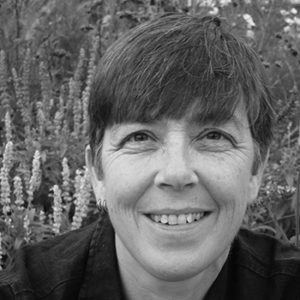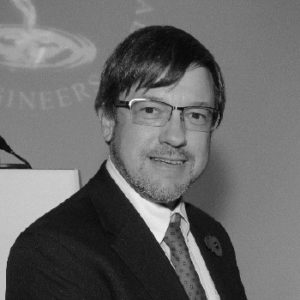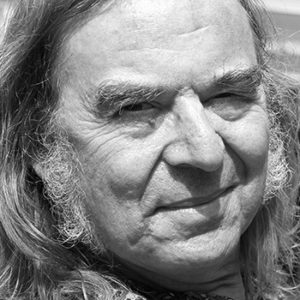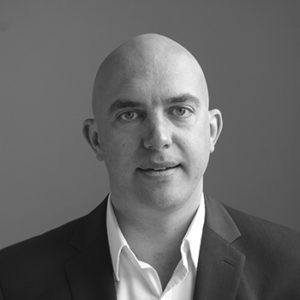Integrating Water into Homes and Developments – Innovation & Resilience
The SWIG Awards 2017 Short-list
Product
Short-list
Rain Active
Supplier – Rainwater Harvesting Ltd
Veragon ‘air to water’ Generator
Supplier – Veragon Water Solutions
The Vertical Rain Garden
Supplier – Treebox
Aqua-Storm-Control
Supplier – Aquality
Project
Short-list
Ellis Meadows Park
Applicant – Leicester City Council
Grey to Green (Sheffield)
Applicant – Sheffield City Council
Leicester Mill Lane (De Montfort University)
Applicant – Leicester City Council
Slow the flow – Calderdale
Applicant – Slow the flow – Calderdale
Brunton Park, Gosforth, Newcastle – Flood Alleviation
Applicant – Northumbrian Water, in partnership with EA and Newcastle City Council
Salmons and Moore Brook Healthy River Challenges
Applicant – Thames 21 and Enfield Council
Communication
Short-list
Frank Water Refill
Applicant – Frank Water
Thames Water Faith
Applicant – London Sustainability Exchange (LSx)
Student
Short-list
TBA
Applicant – A University TBA
Countdown to Awards Ceremony
The SWIG Masterclass 2017
The Awards will be followed by a Masterclass to be chaired by Professor Colin Green.
The provisional titles of the individual talks, given by the 2017 SWIG Judges are:
1) Introduction – Professor Colin Green
2) The barriers and solutions to sustainable water – Professor Colin Green
3) Redefining water sustainability – sometimes, sadly, less is more – John Griggs
4) There are more about than you think – making the invisible projects visible – Gary Grant
5) What is stopping SuDS? – myth busting – Chris Griffiths
6) Selling SuDS – shining a spotlight on success – Luke Engleback
7) The German experience – 25 years ahead of the UK? – Lutz Johnen
8) Changing behaviour– beyond the mindset minefield – Cath Hassell
What are the SWIG Awards?
Awards for extraordinary projects combining the practical with the imaginative and delivering sustainable water use
What are the objectives of the Awards?
• To celebrate and promote good work
• To increase awareness of what can be achieved (with a little imagination and creativity)
• To inspire future projects and transformational change
Successful Projects
An example of the type of projects that will be successful in the awards are those that:
Are myth busting
“Environmental impact of buildings is often under estimated, while the perceived costs of green buildings are over estimated”
Demonstrate Value for Money
Demonstrate value for money and return on investment
Monetise the value of sustainability
Monetise the value of sustainability within whole life costing principles
Award Categories
Product
Examples of past winners:
Amphiro B1 Smart Shower Meter
Amphiro
Waterblade, Water Saving Product
Waterblade
Waste Water Heat Recovery
Recoup Energy Solutions Ltd
Communication
Examples of past winners:
Susdrain
CIRIA
Bathroom and Kitchen Product Labelling Scheme
Water Label Co
The mysterious case of the sinking flamingo
ech2o
Student
Example of past winner:
2017 Entry Closed
Entry deadline has passed
2018 Awards Product Category Entry Form will be available in 2018
2017 Entry Closed
Entry deadline has passed
2018 Awards Project Category Entry Form will be available in 2018
2017 Entry Closed
Entry deadline has passed
2018 Awards Communication Category Entry Form will be available in 2018
2017 Entry Closed
Entry deadline has passed
2018 Awards Student Category Entry Form will be available in 2018
Why should you enter?
You will receive recognition for your contribution to sustainable water.
The awards are free to enter.
All shortlisted entries will be posted on the SWIG website, leading to valuable exposure for your company or product.
The awards are easy to enter. We ask you to complete a short webpage with details about your project, with supporting photos and data, where appropriate.
Projects should be ongoing or to have been completed within the last two years.
Conceptual and prototype entrants may also be considered, but need to be clearly identified as such.
Entries close on Friday 8th September.
The award ceremony will take place on Wednesday 8th November 2017 at Greencoat Place, Victoria, London.
In addition to the general criteria listed above, specific criteria will be applied to the different categories so that the entries can be ranked.
All judges have relevant expertise in one or more of the award categories.
All the judges will be involved in the decision as to which project/projects will win an award, unless there is a conflict of interest.
The judges’ decision is final.
The Judges

Gary Grant
Chartered Environmentalist Fellow & Tutor
Gary is a Chartered Environmentalist, Fellow of the Chartered Institute of Ecology and Environmental Management, Fellow of the Leeds Sustainability Institute and thesis tutor at the Bartlett Faculty of the Built Environment, University College London.

Cath Hassell
Director of Ech2o Consultants Ltd
Cath Hassell is an expert in sustainable water strategies and low-carbon technologies, formed from a background of 17 years in the plumbing industry and 19 years in environmental building.
She is director of ech2o Consultants Ltd

John Griggs
Managing Director of JPJN Partners Ltd
John is the Managing Director of JPJN Partners Ltd and specialises in consultancy related to water supply and drainage issues, especially water efficiency. He was awarded an Honorary Fellowship by CIBSE’s Society of Public Health Engineers (SoPHE) in 2016.

Luke Engleback
Chartered Landscape Architect and Ecourbanist
Luke Engleback CMLI AoU is a Chartered Landscape Architect and Ecourbanist with over 30 years experience of environmental design and planning in the UK and abroad, founding Studio Engleback in 1996.

Lutz Johnen
Managing Director of Aquality Trading & Consulting Ltd
Lutz Johnen is managing director of Aquality Trading & Consulting Ltd, a company he founded in 2004 to introduce rainwater harvesting and greywater recycling technologies to the UK market. Prior to founding Aquality, Lutz was managing director of Germany based GEP Umwelttechnik GmbH.

Colin Green
Emeritus Professor of Water Economics
Colin is Emeritus Professor of Water Economics at the Flood Hazard Research Centre, Middlesex University. An unreconstructed water nerd, he suspects that he is the only person to have visited the museums of sewers in Paris and Lodz as well as the water museum in Beijing, and takes photographs of interesting toilets.

Chris Griffiths
SuDS Marketing Development Manager
Chris has a wealth of experience in marketing having worked with brands as diverse as Sony, O2, Triumph Lingerie and Nestle. He set up a sustainable renovation business in 2007 and first came across SuDS in 2008, when he qualified as a Code for Sustainable Homes assessor.

Sue Illman
Managing Director of Illman Young
Sue Illman is Managing Director of Illman Young, a landscape architectural practice based in Cheltenham, and was President of the Landscape Institute from 2012-2014. Whilst her practice works across most planning and development sectors, she is probably best known for her advocacy work.
